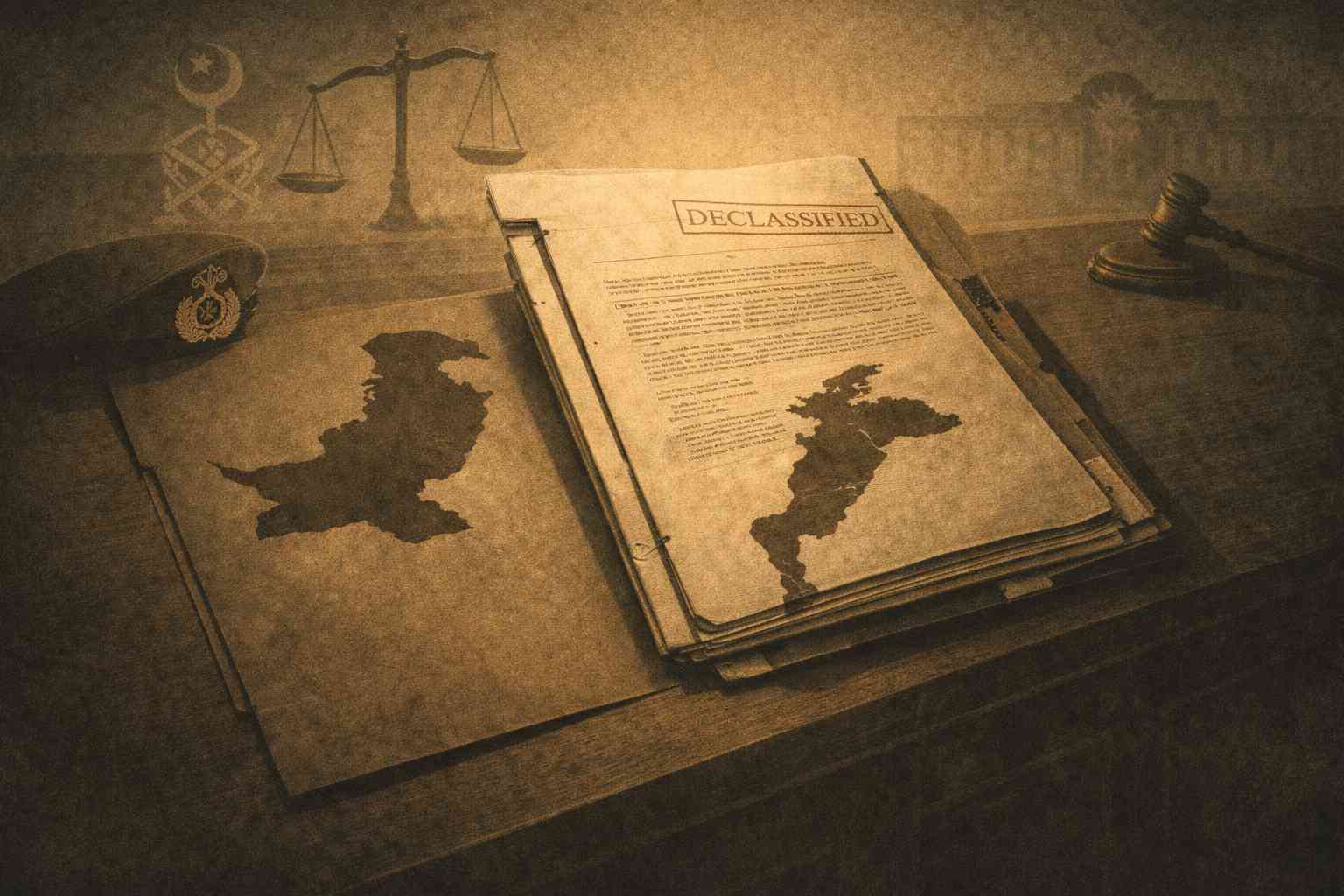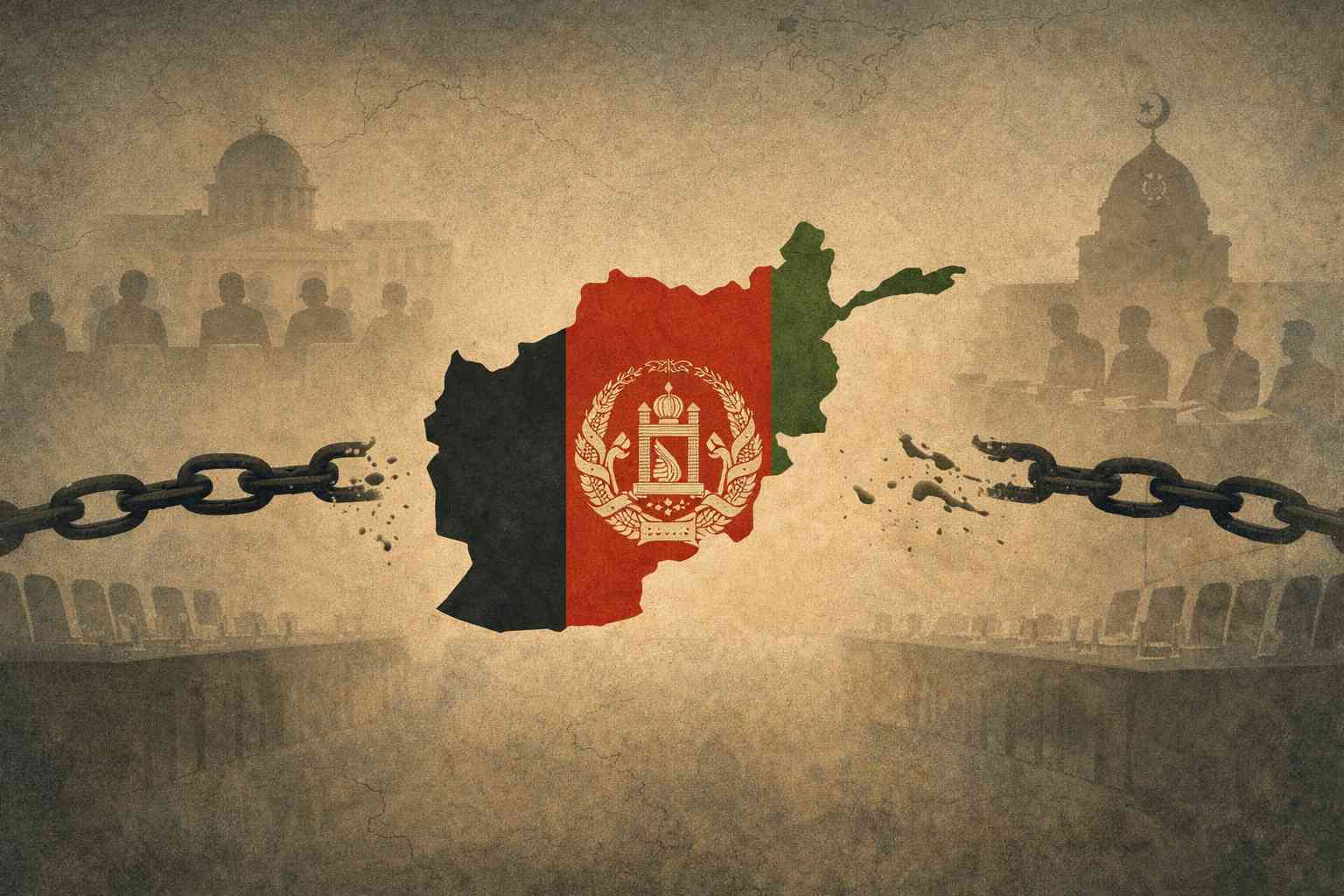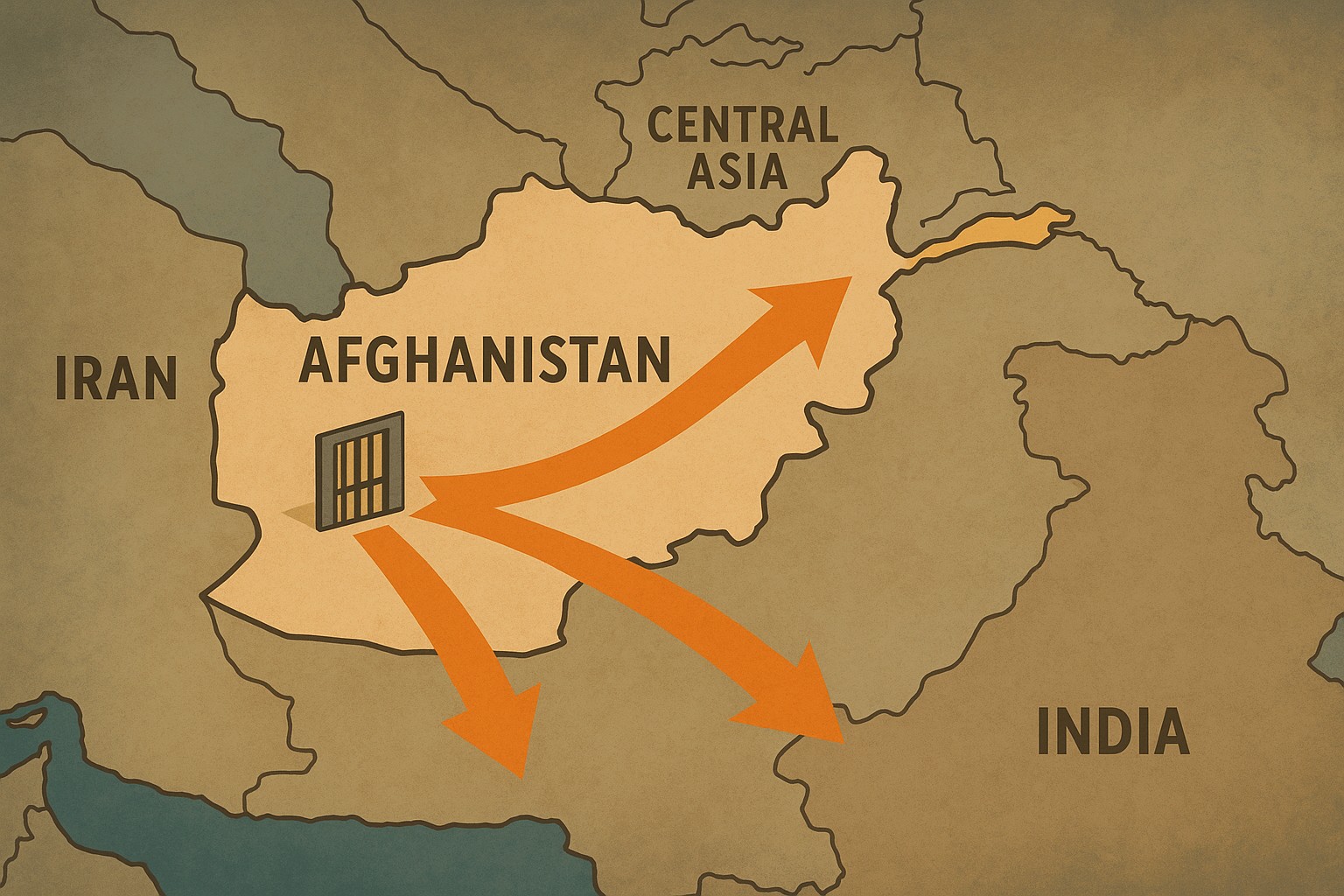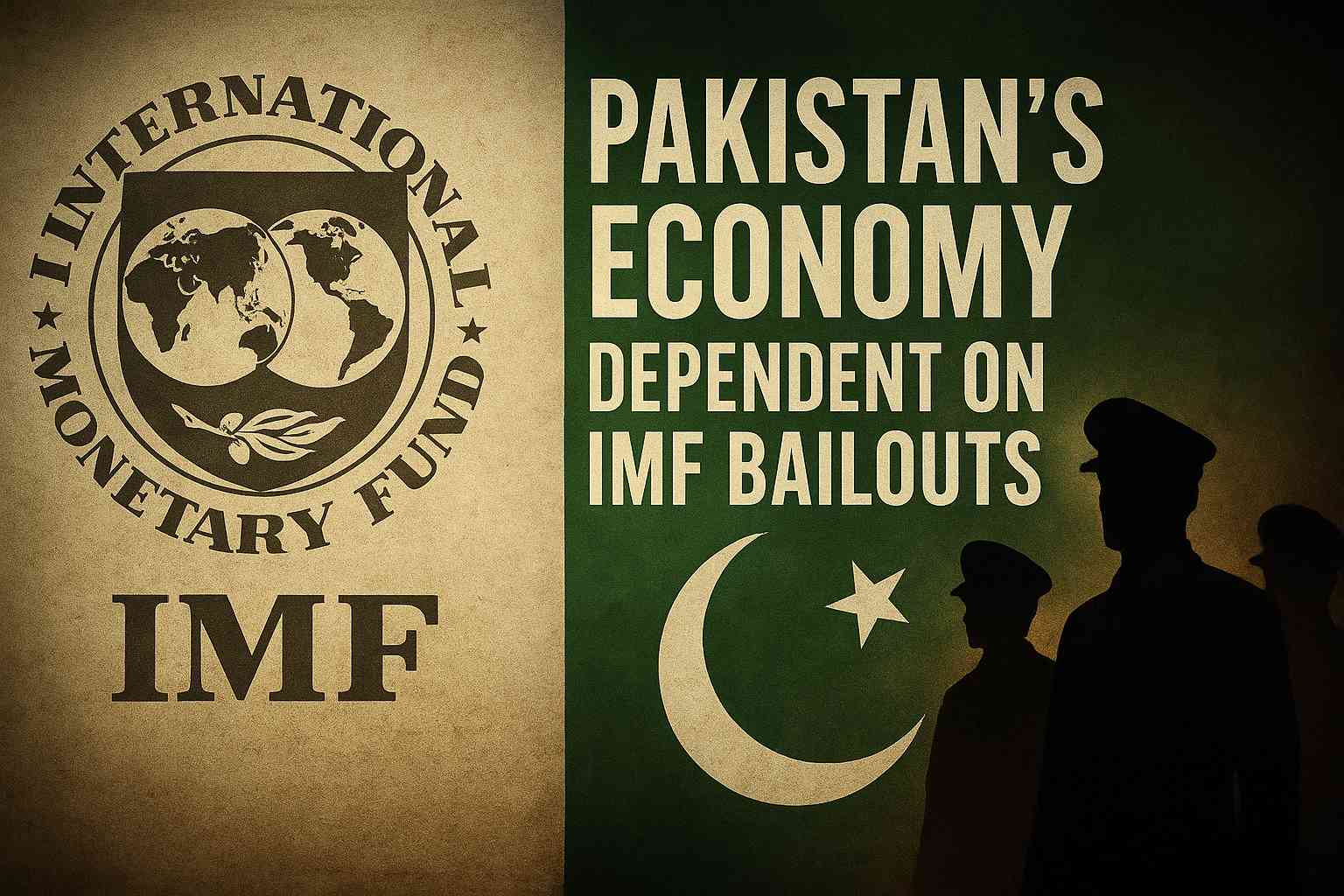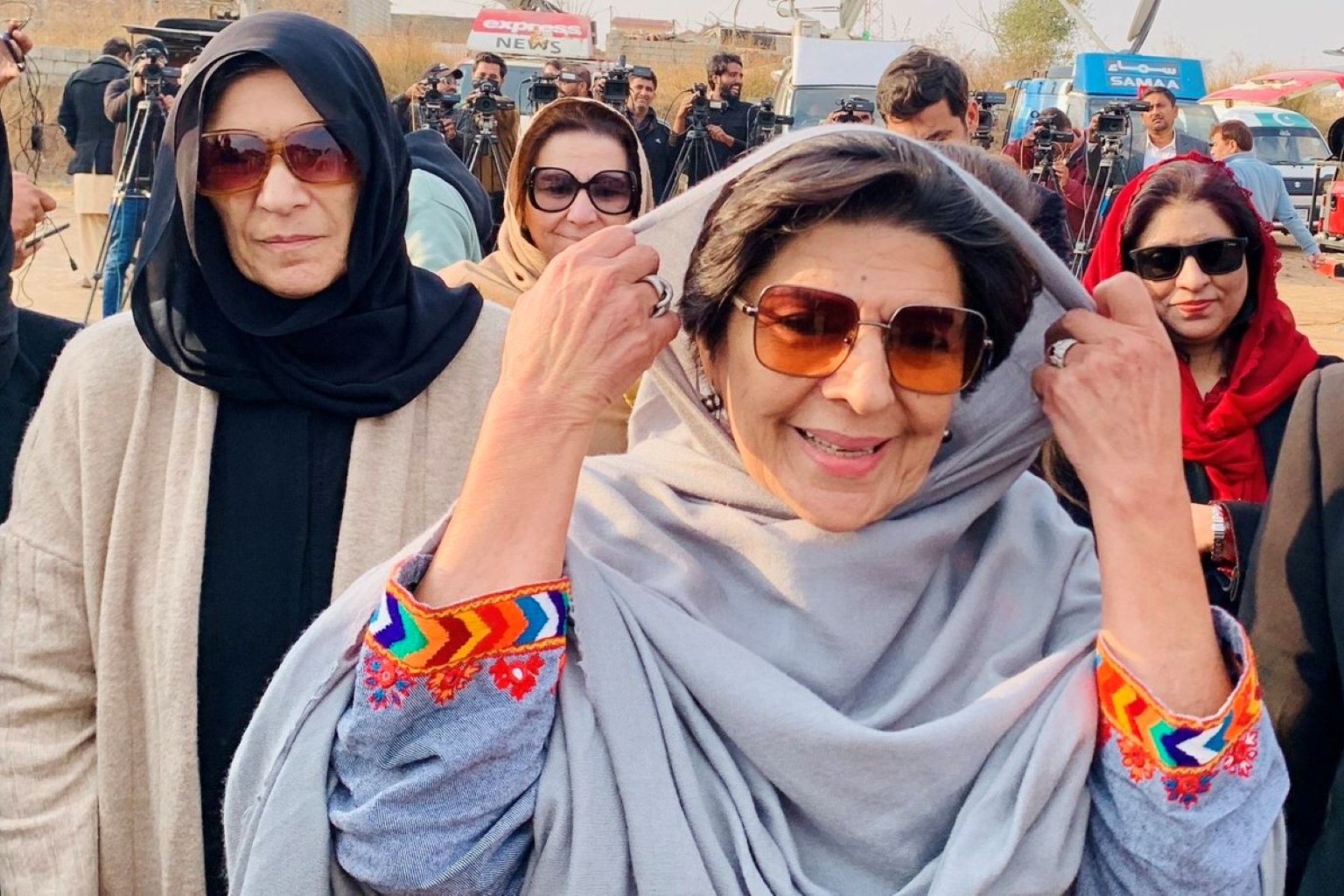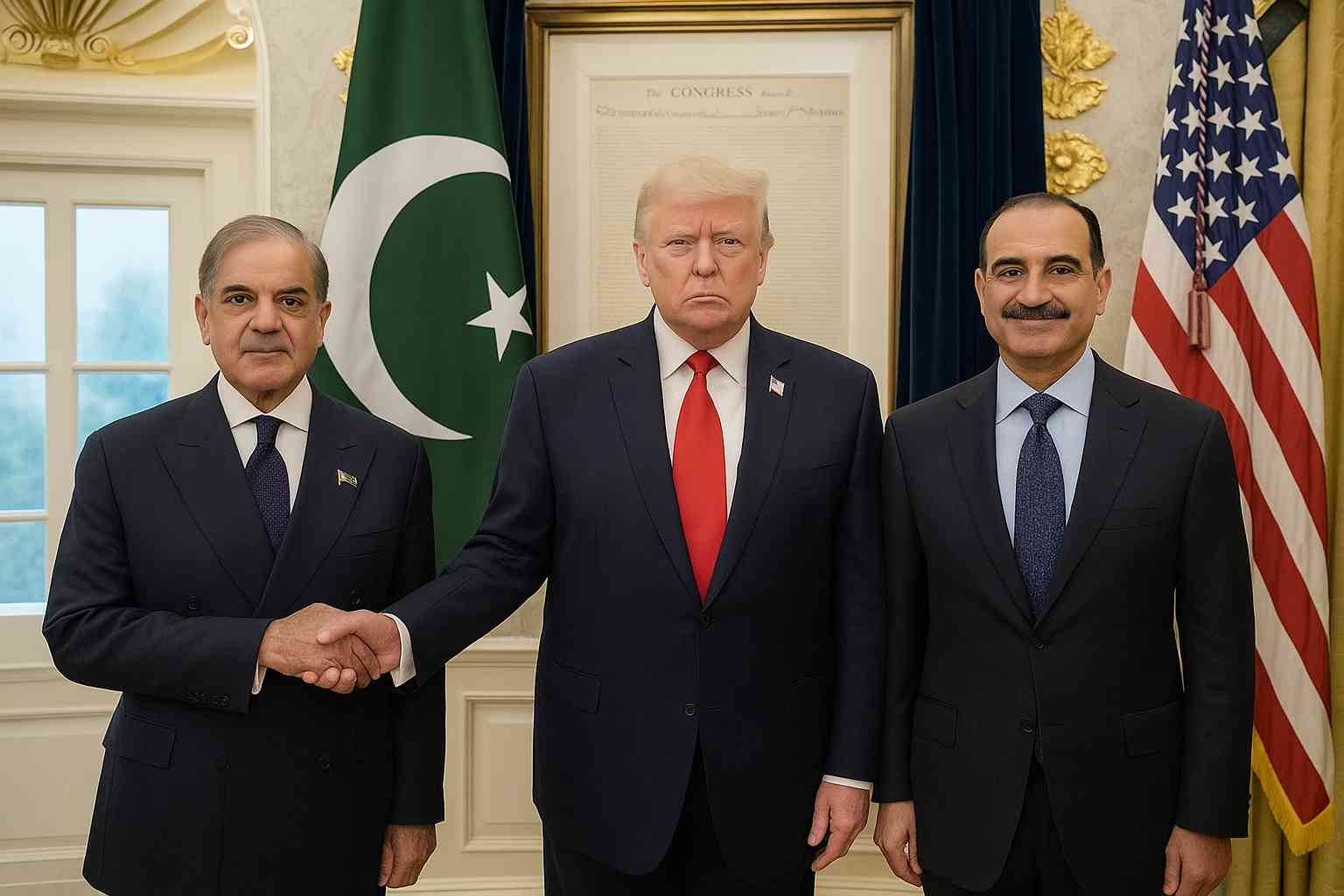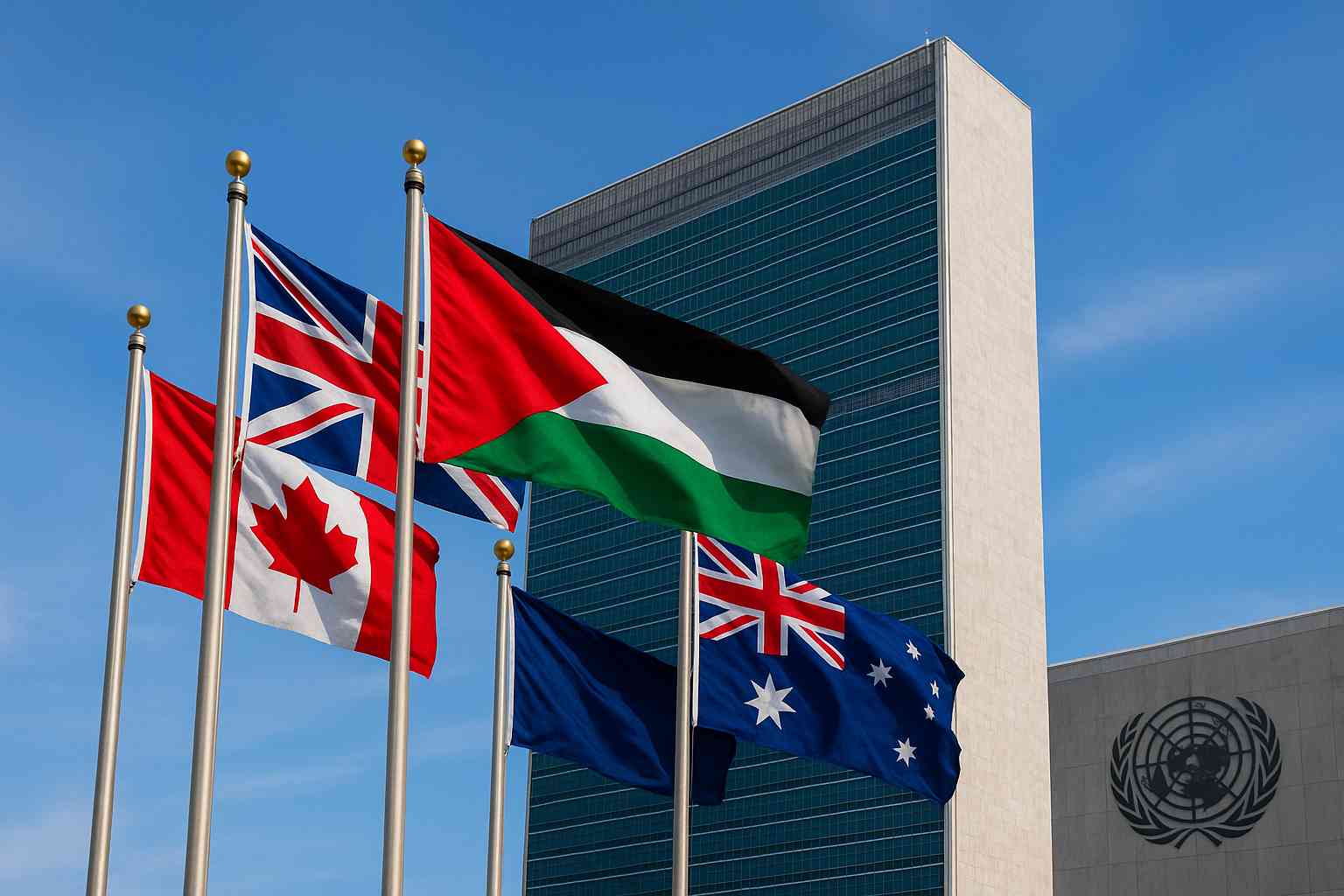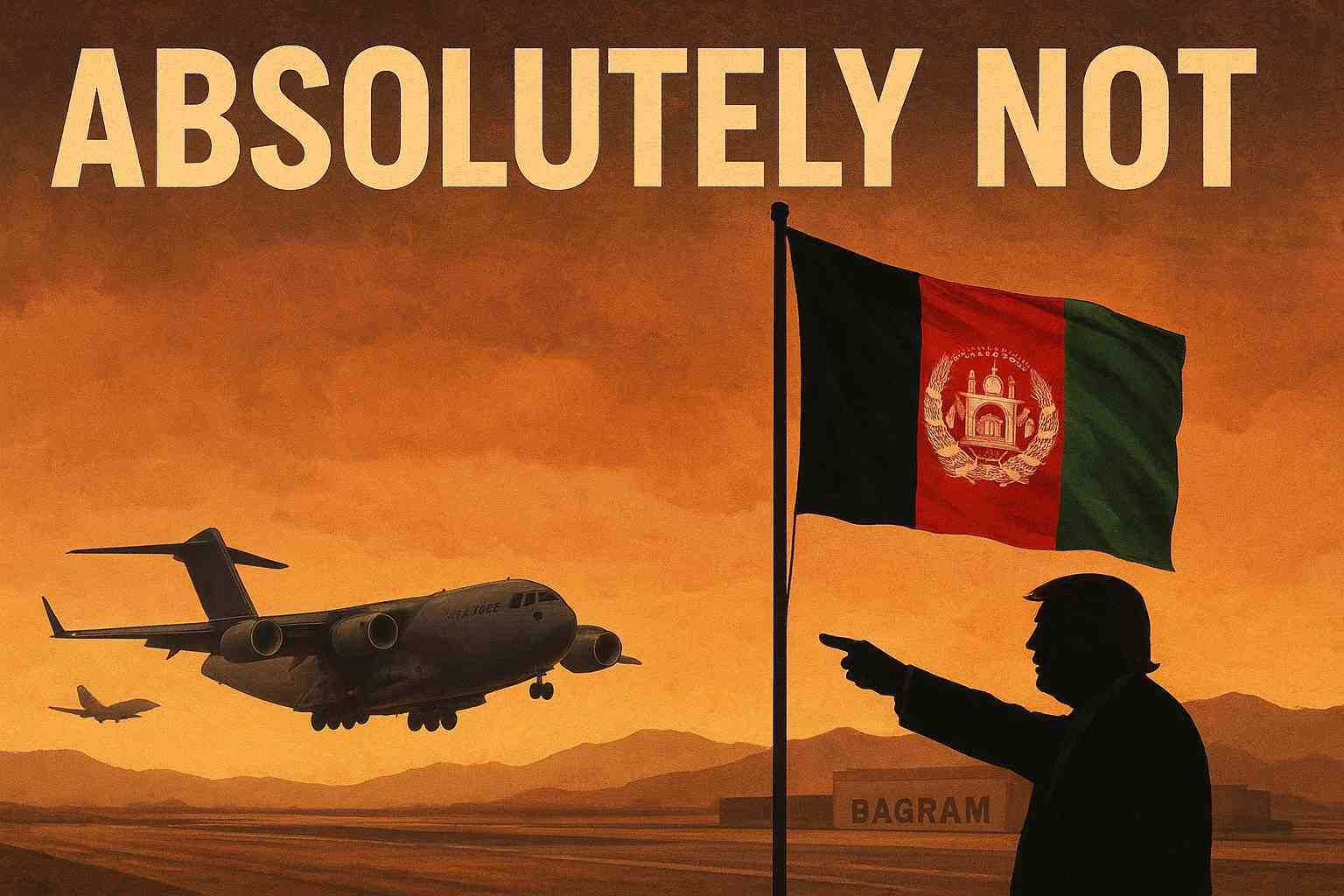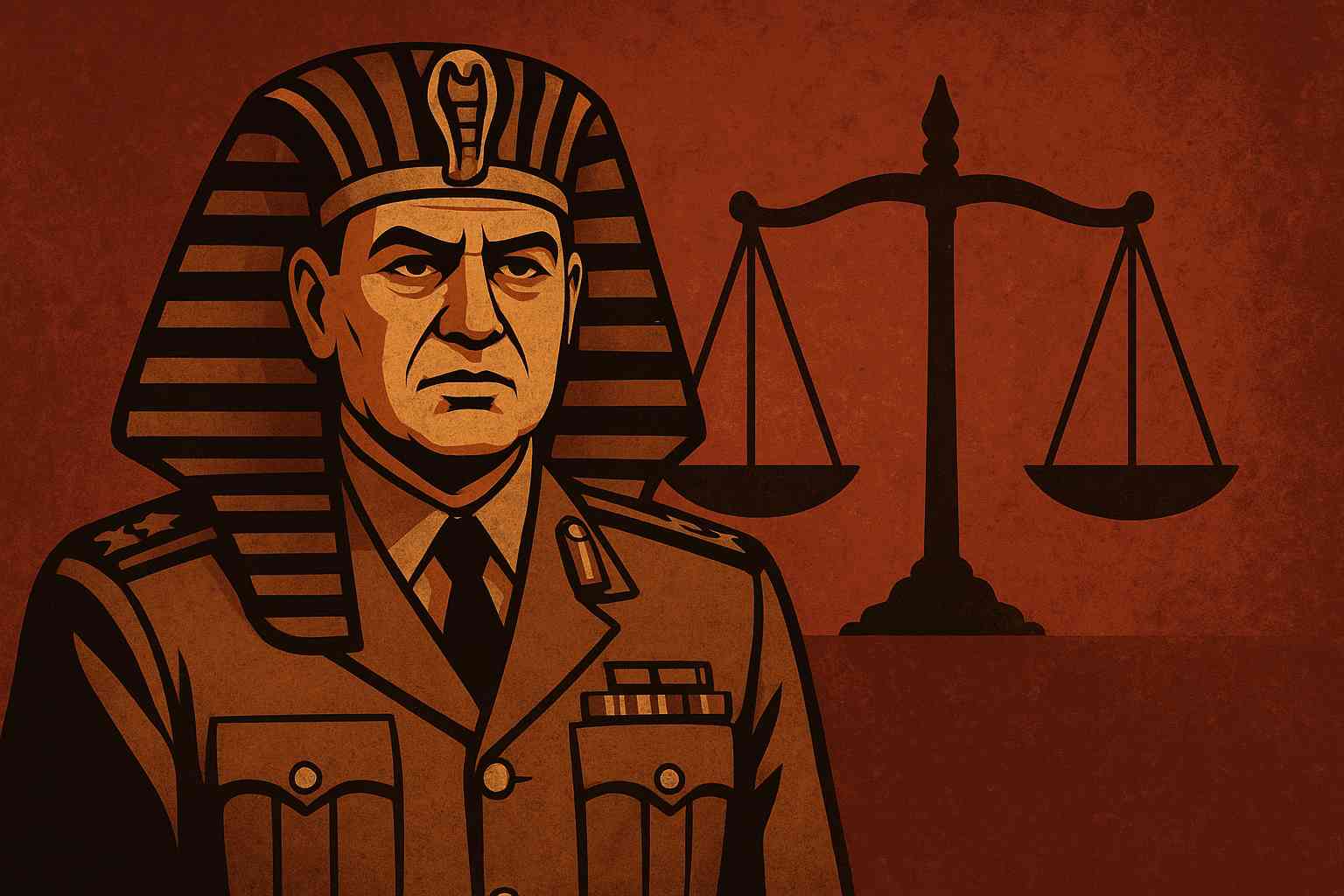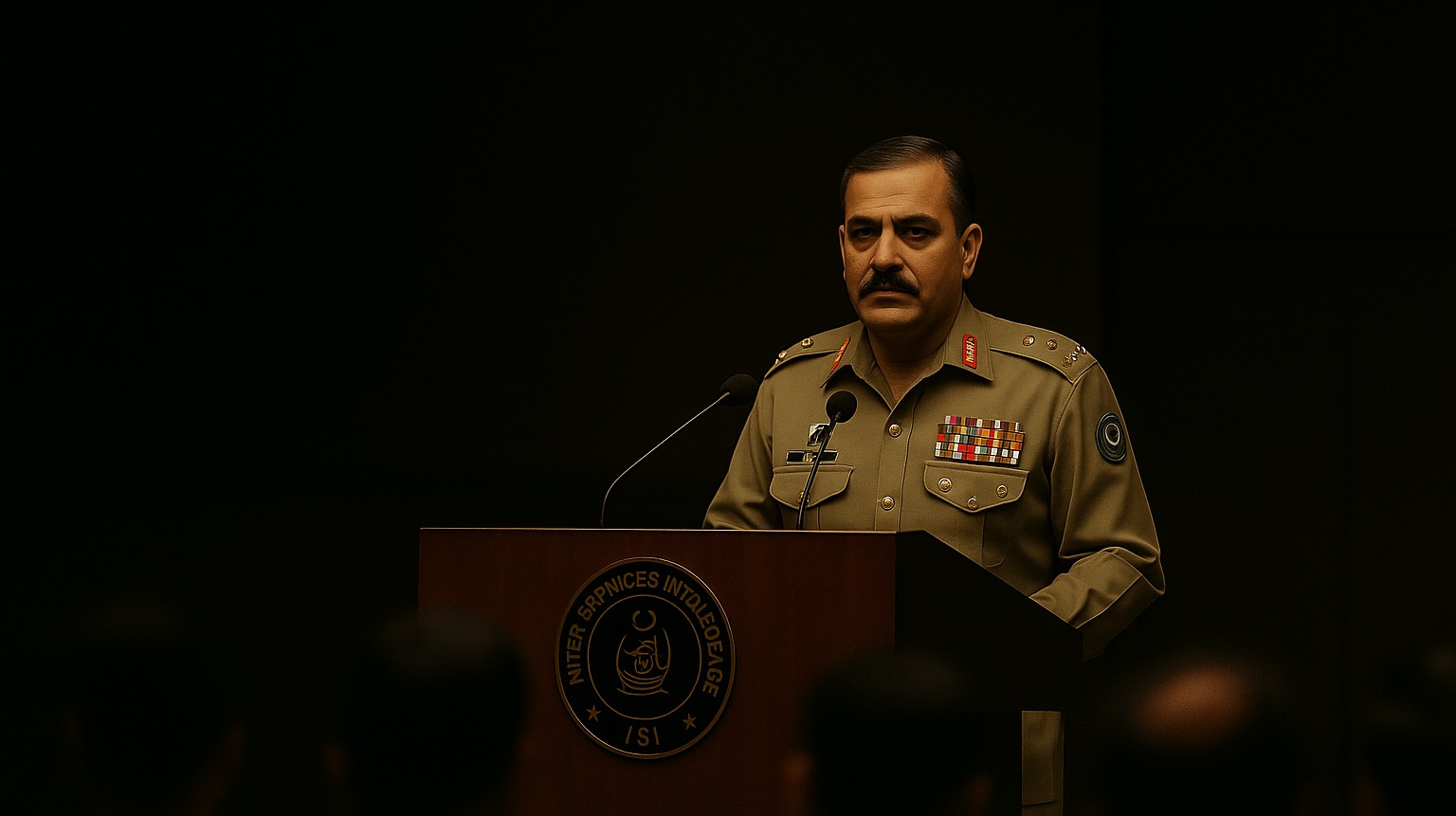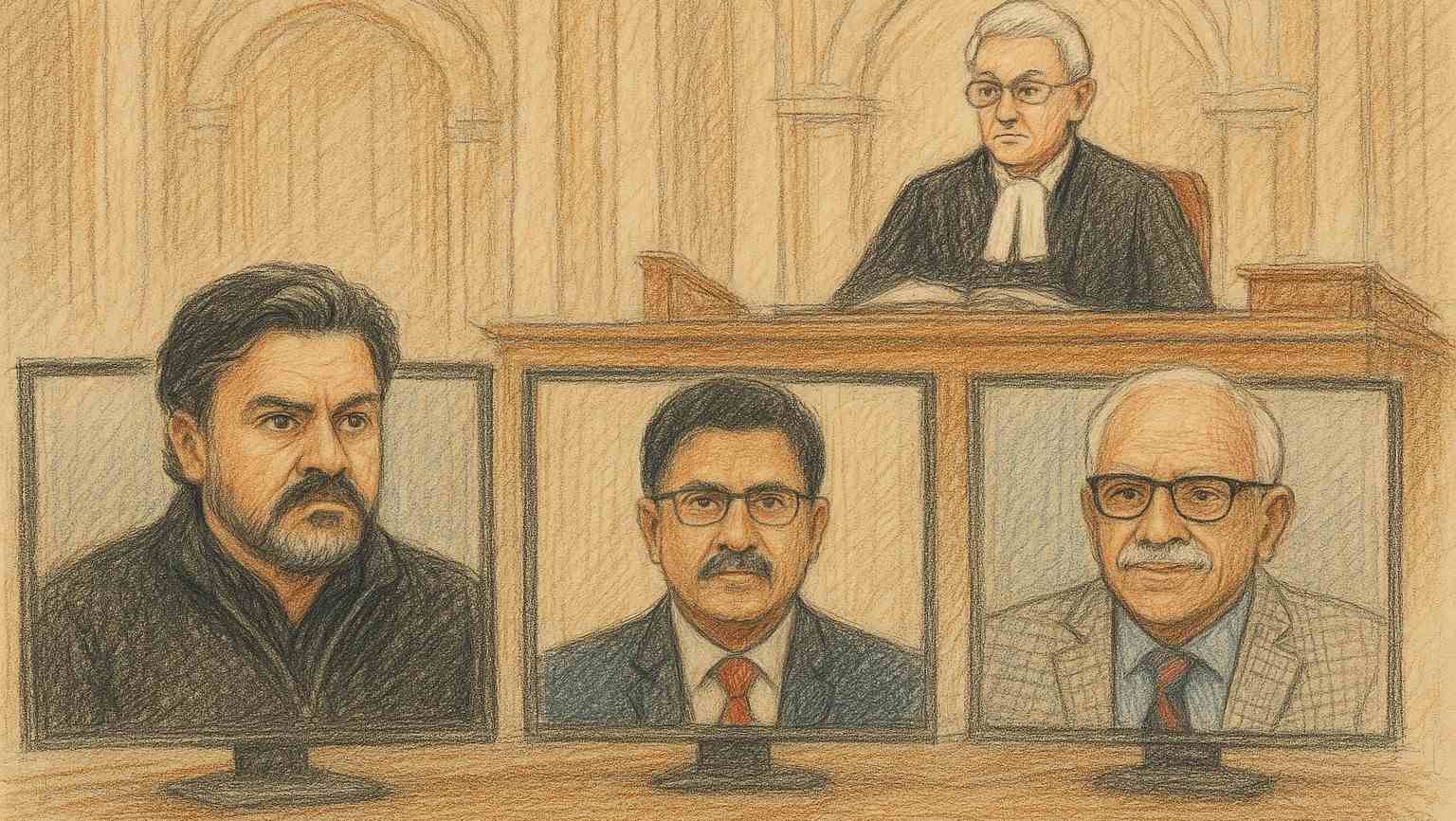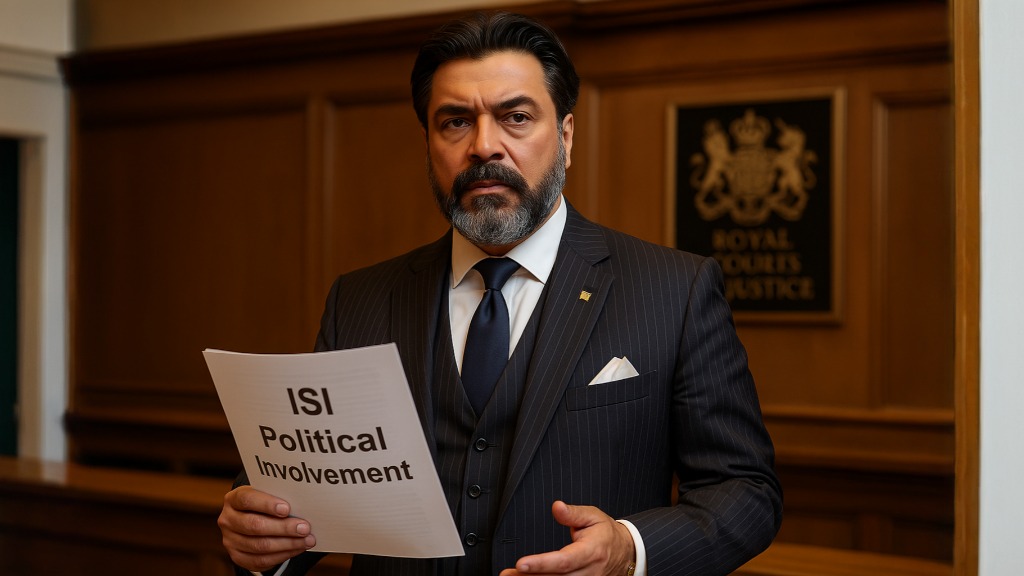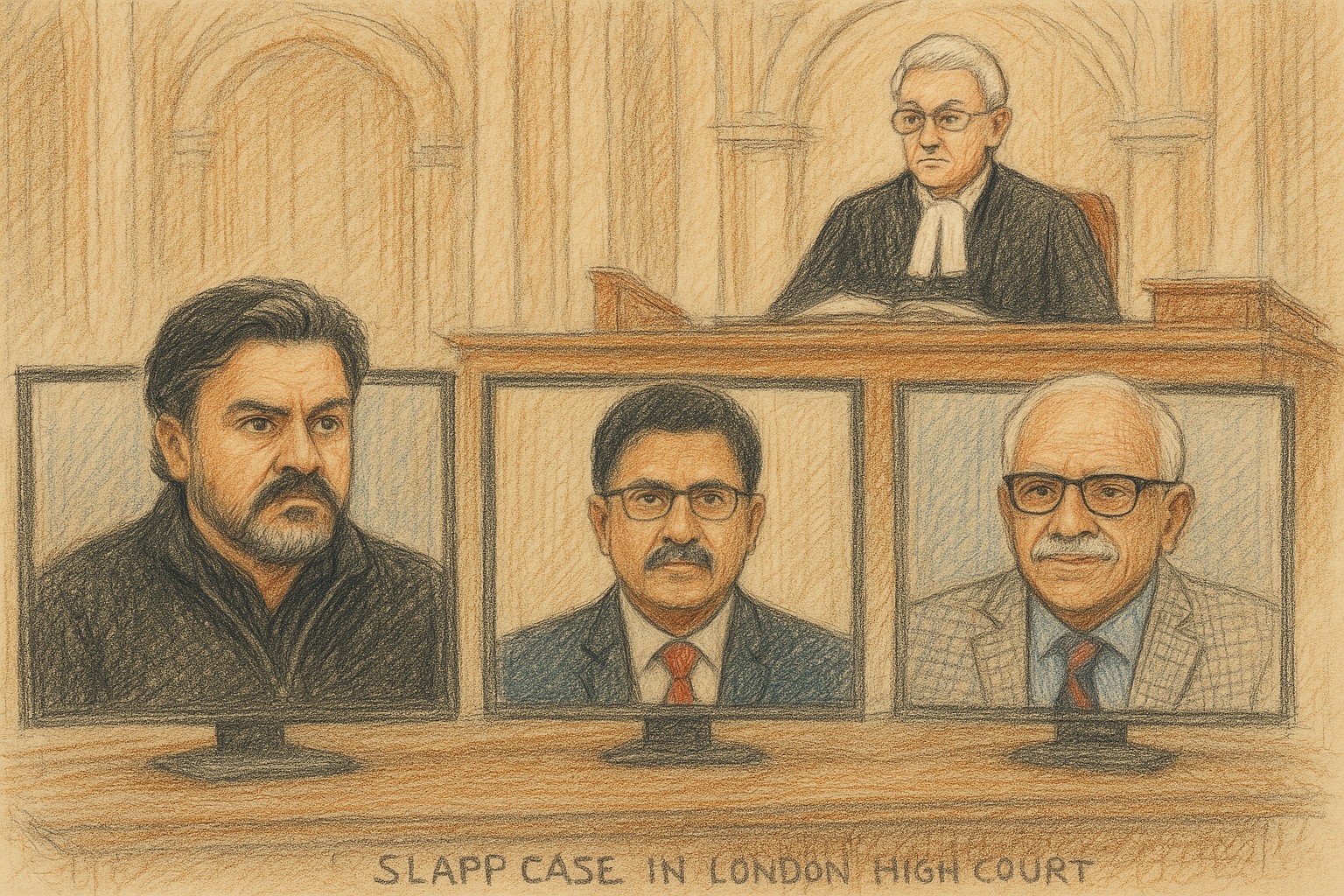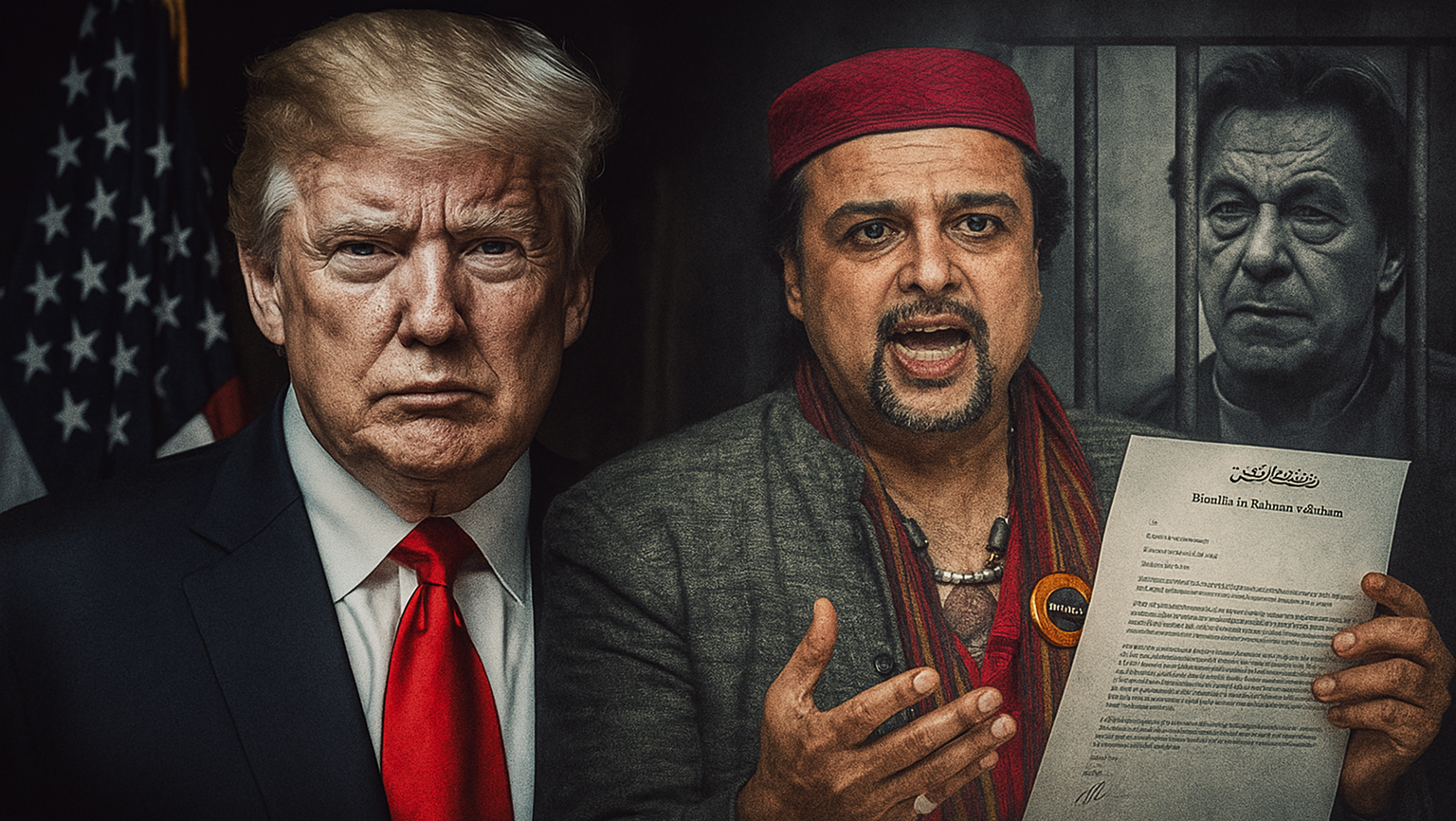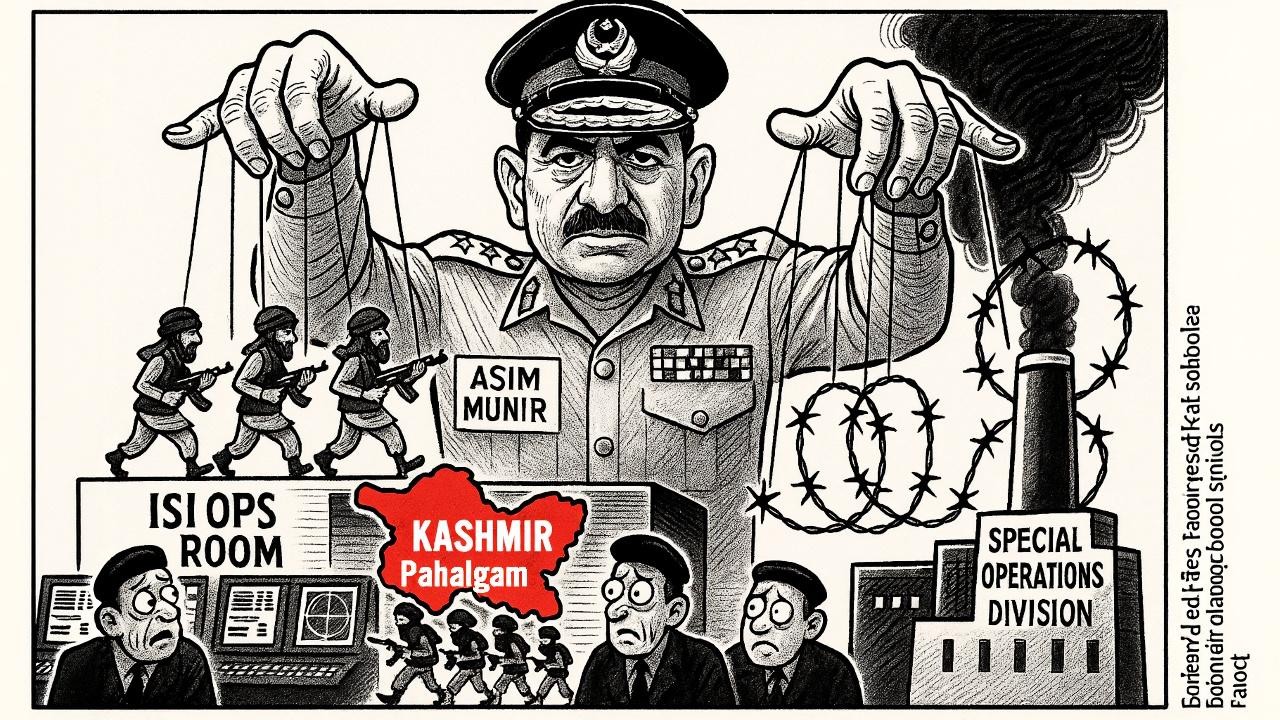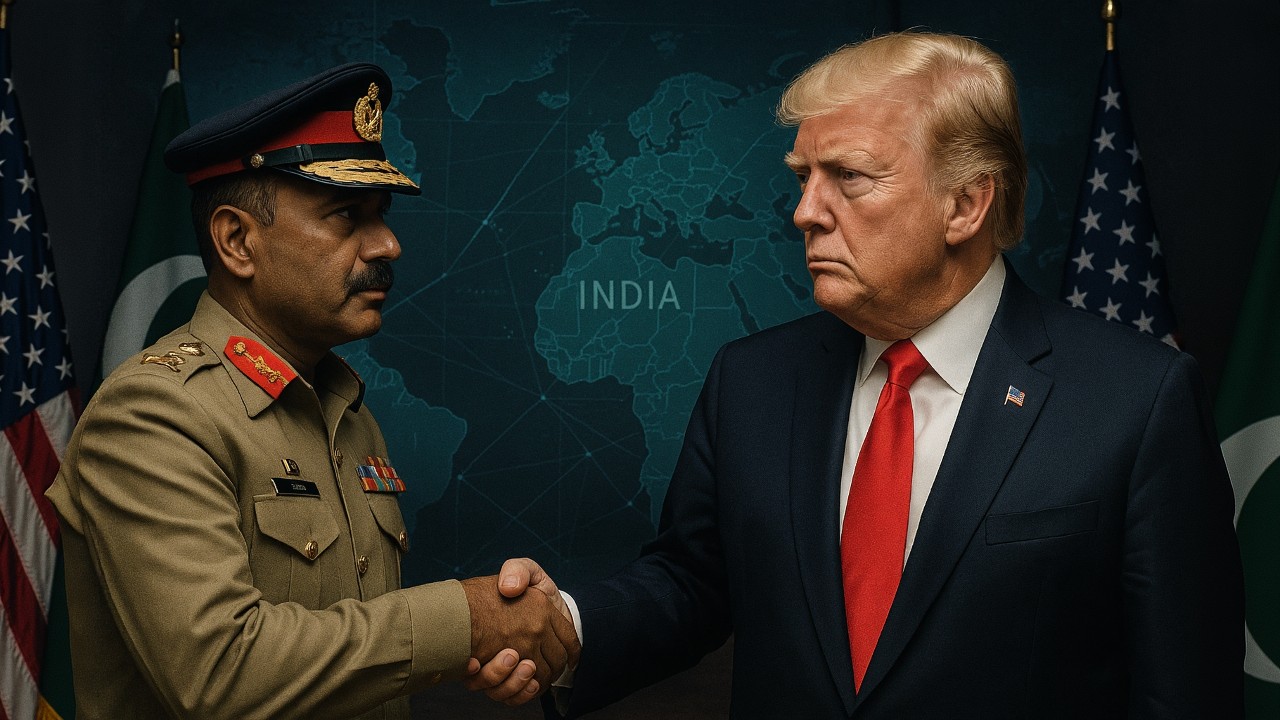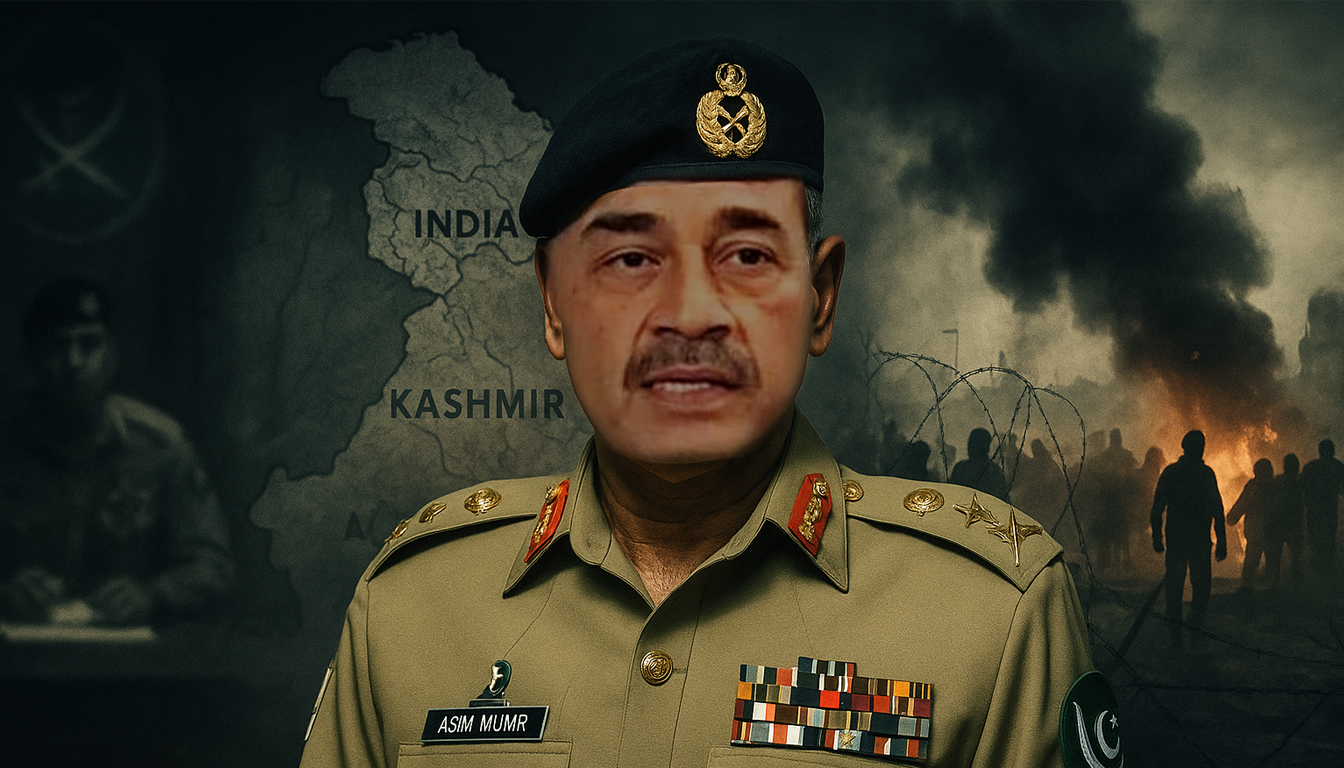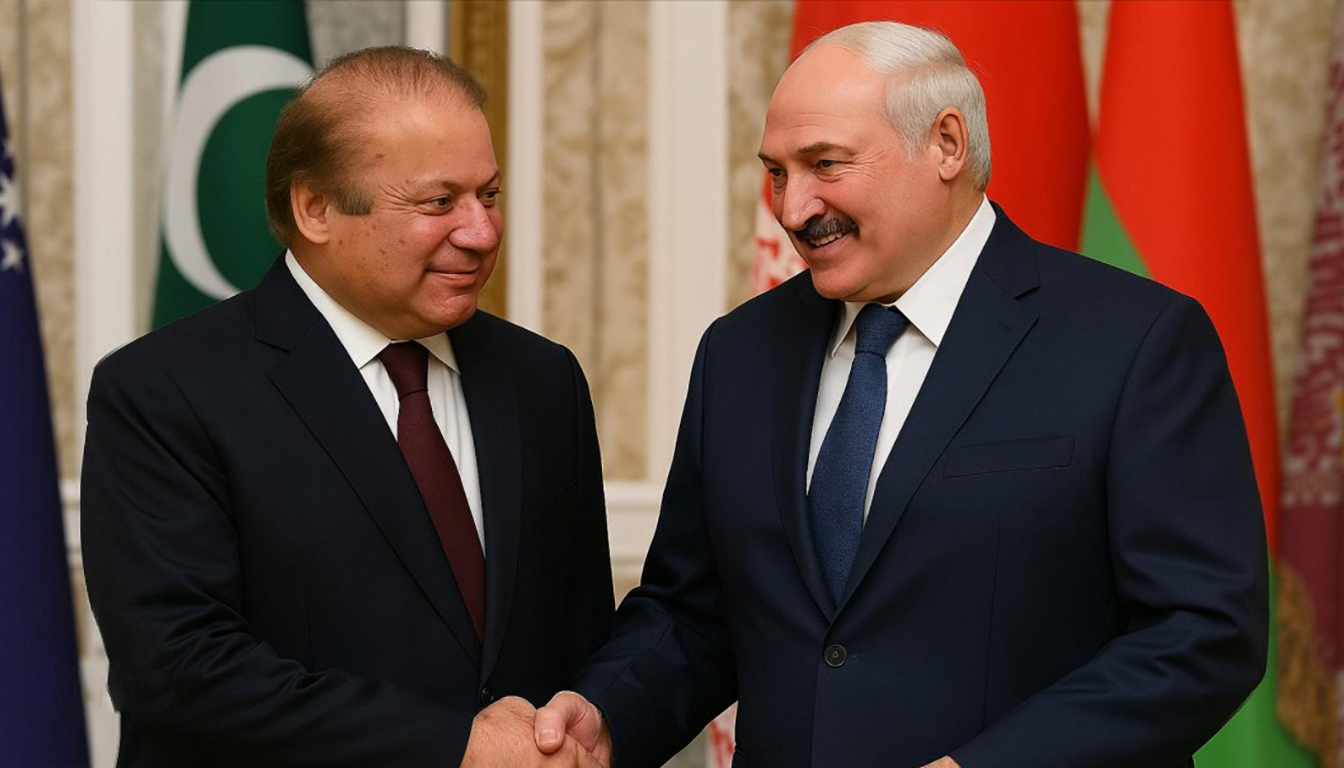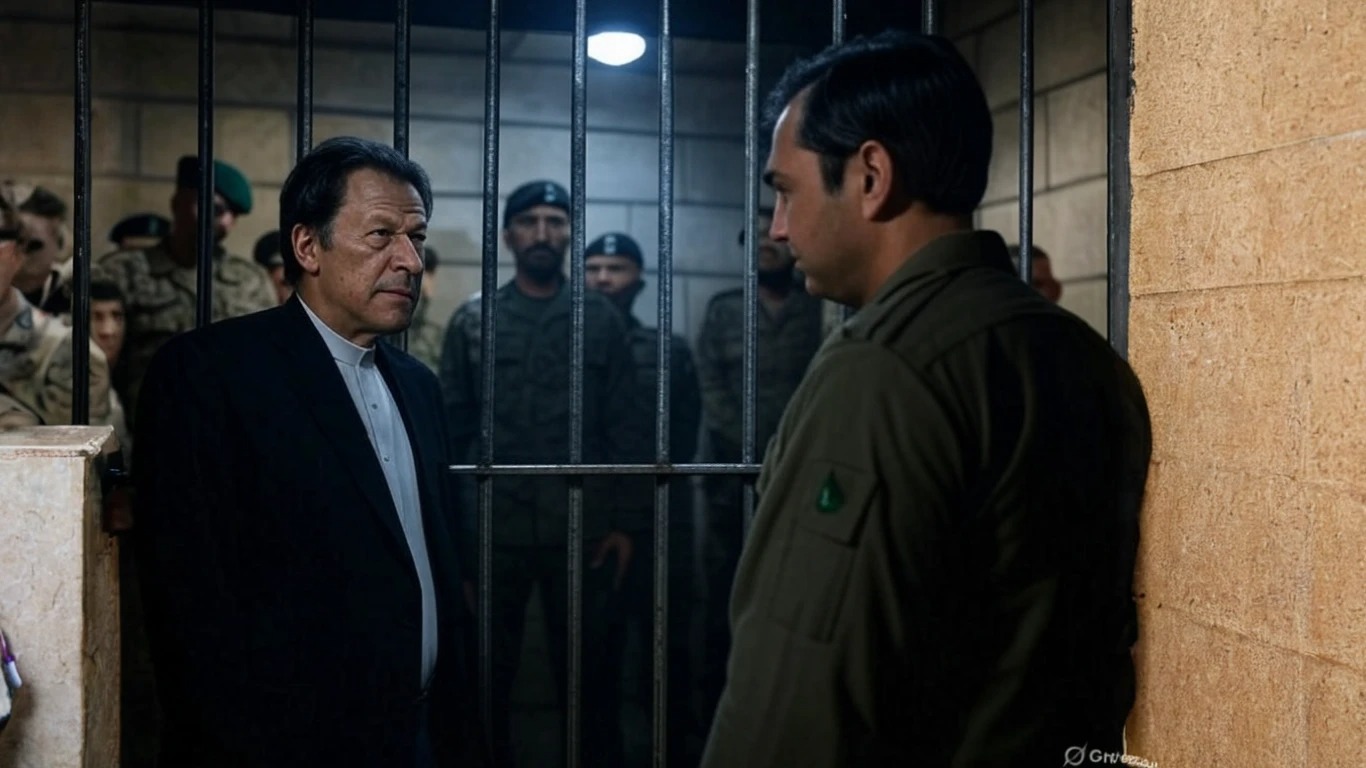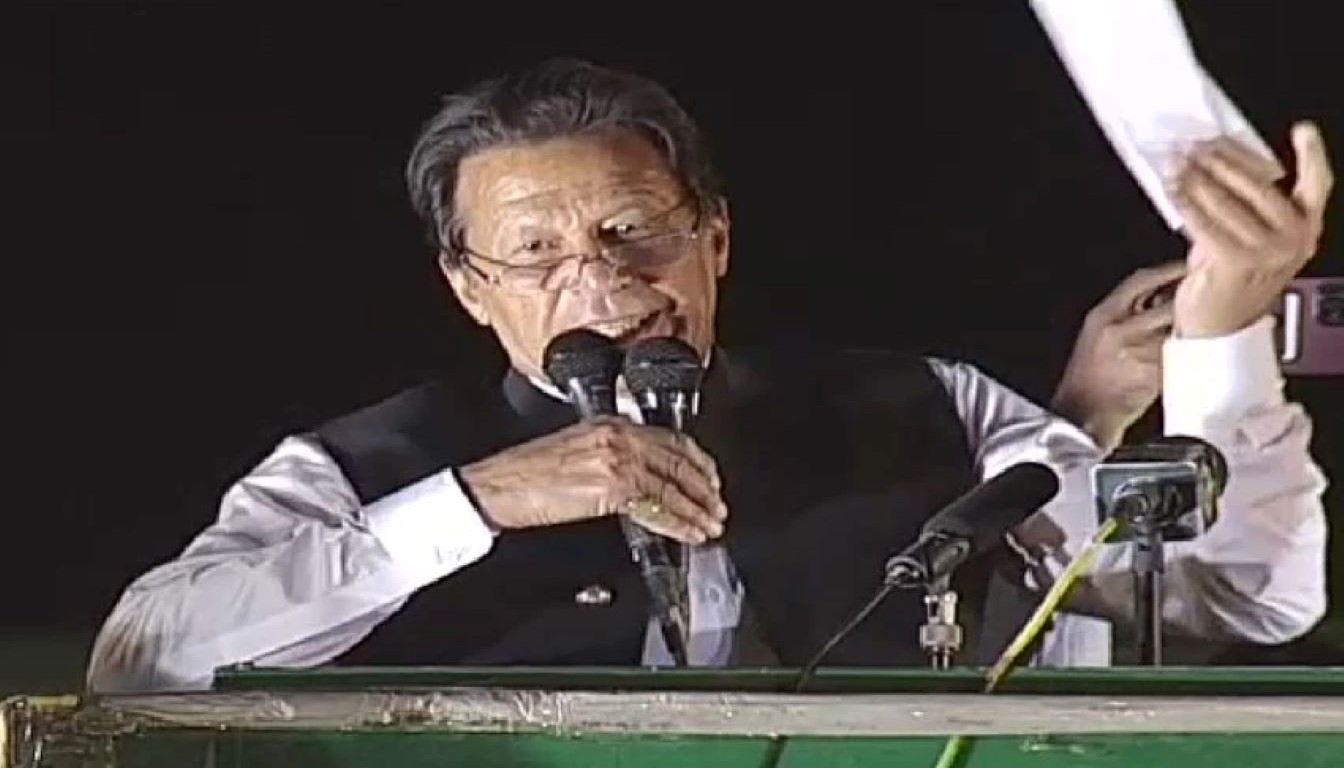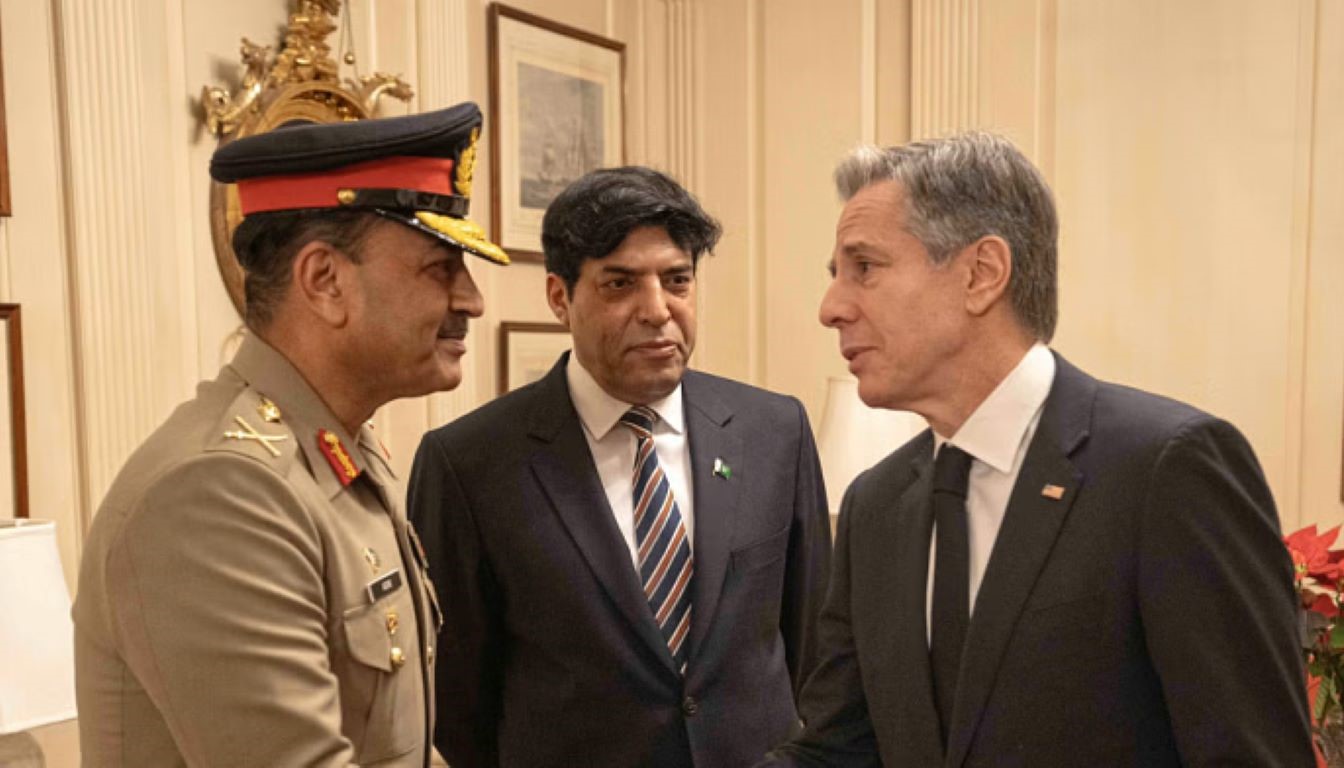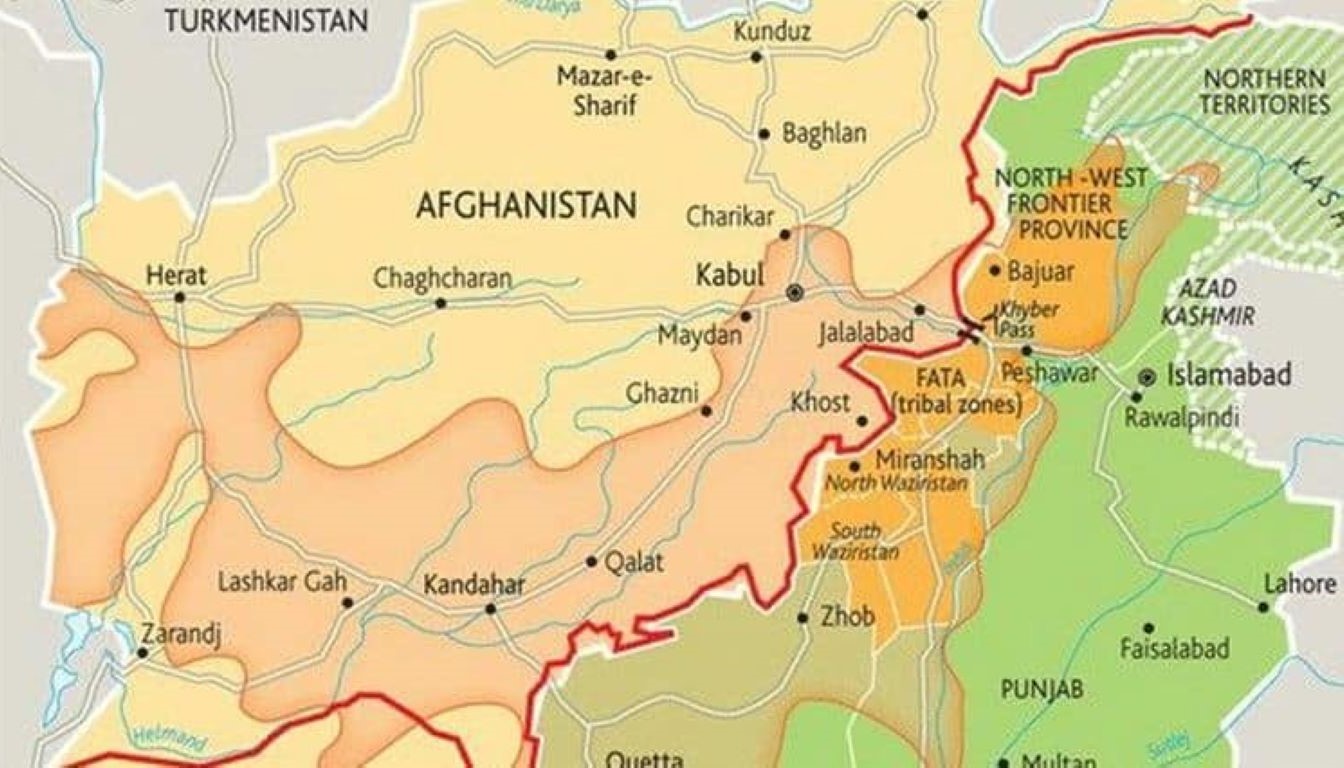- In Pakistan’s fast-moving digital economy, no figure has attracted more controversy in the cryptocurrency space than TV host and influencer Waqar Zaka. For some of his followers, he is a “crypto pioneer”. For investigators and critics, he has become a case study in how unregulated online influence can collide with fragile financial systems and weak law enforcement.
This piece does not attempt to decide guilt or innocence. It simply brings together what publicly available, mainstream reports say about the criminal case against him – and what he says in his own defence – so that people, especially young Pakistanis, can make informed decisions.
From Reality TV to “Crypto Guru”
Waqar Zaka first became a household name in Pakistan through reality shows such as Living on the Edge. Over time, he rebranded himself as a crypto and blockchain activist, promoting digital assets, online trading courses, and his own token projects.
According to various media profiles, he positioned himself as an advocate for crypto legalization in Pakistan and even claimed advisory roles with provincial governments on blockchain policy. Parallel to that, he built a strong online following where he regularly spoke about Bitcoin, altcoins and “financial freedom” through trading.
On social media, he has repeatedly portrayed himself as someone helping Pakistanis escape economic stagnation through technology.
The FIA Case: Allegations of a Crypto “Scam”
The controversy escalated when Pakistan’s Federal Investigation Agency (FIA) opened an inquiry into his financial activities.
Multiple mainstream outlets in Pakistan reported that:
- The Financial Monitoring Unit (FMU) flagged unusual transactions linked to accounts associated with Waqar Zaka.
- The FIA Lahore/Karachi cyber wing registered a case under provisions related to money laundering, electronic crimes and foreign exchange regulations.
- A local court subsequently issued non-bailable arrest warrants for him after he allegedly failed to appear, and at one stage he was described in court proceedings as an “absconder” or proclaimed offender.
Some reports cite figures in the tens of millions of rupees in alleged suspicious cryptocurrency-related transactions routed through bank accounts connected to him. In press coverage, this has frequently been described as an “alleged crypto scam case”.
It is crucial to stress: these are allegations made by investigators, reported in open sources. The criminal justice process is ongoing, and there is no final conviction reported by any reputable outlet at the time of writing.
What the Charge Sheet Reportedly Claims
According to summaries published in the Pakistani press, FIA’s charge sheet makes several key claims, including that Waqar Zaka:
- Used his online platforms to lure the public – particularly youth – into high-risk crypto investing and schemes;
- Operated or promoted online products such as coins, courses or groups in a way investigators consider misleading or inadequately disclosed;
- Conducted large-volume virtual currency transactions via Pakistani bank accounts in a manner they say may contravene existing financial laws.
From the investigators’ perspective, the concern appears to be a mix of unregulated public solicitation, the scale of transactions, and the lack of clarity over underlying business structures.
Again, these are claims made by the authorities. They must still be tested in court.
Waqar Zaka’s Response: “Targeted for Activism”
Waqar Zaka has consistently denied all accusations.
In interviews and posts quoted by Pakistani and regional outlets, he argues that:
- He is being targeted because of his outspoken activism for crypto legalisation and his criticism of state institutions;
- His activities are focused on education and advocacy, not fraud;
- He plans or has threatened to pursue legal action for defamation against those, including some media houses, whom he accuses of spreading “fake news”.
On his own platforms, he also points to disclaimers attached to his trading content which say he does not guarantee profits and that users trade at their own risk. His position is that people voluntarily seek his guidance and that he cannot be held responsible for market volatility.
In at least one proceeding, a higher court has instructed that he should not be harassed outside the legal process and that the investigation should follow due procedure. That too is part of the public record.
Beyond One Man: Youth, Hype and Unregulated Risk
Whatever the eventual outcome of the case, it highlights a much wider problem.
Pakistan is a country with:
- A young population, high unemployment and deep economic insecurity;
- Weak financial literacy and minimal consumer protection in high-risk products;
- Confusion and inconsistency in how the state approaches crypto – often banning it in principle while tolerating it in practice.
In this environment, when a celebrity or influencer streams high-leverage trades and dramatic profit screenshots to thousands of young followers, the risk of financial harm is real, even if no criminal offence is ever proven.
It is one thing to discuss technology and markets. It is another to blur the line between education, promotion and solicitation – especially when the audience includes teenagers and young adults looking for an escape from poverty.
Why Responsible Reporting Matters
Under UK journalistic standards, including those of IPSO and the NUJ, there are some clear responsibilities:
- Distinguish fact from allegation;
- Reflect the subject’s response fairly;
- Avoid stating or implying guilt where there has been no conviction;
- Highlight the public-interest dimension without sensationalism.
In that spirit, it is accurate to say:
- There is an ongoing, reported criminal case involving Waqar Zaka and alleged crypto-related offences;
- Multiple credible outlets have reported on FIA’s allegations, court warrants and charge sheet;
- He denies wrongdoing, claims political and institutional targeting, and says he is providing a service to his followers;
- The courts, not journalists or influencers, will ultimately decide whether the law has been broken.
A Final Word to Young Readers
Whether you support Waqar Zaka, dislike him, or are hearing his name for the first time, the lesson is broader:
- Be extremely cautious of “get rich quick” narratives in any market, especially crypto.
- Never risk money you cannot afford to lose.
- Before trusting any “expert”, look up whether they have been the subject of regulatory action, criminal cases or investigative reporting.
- Understand that volatility, leverage and hype can destroy savings – regardless of whether any crime has been committed.
This article is not a verdict on one man. It is a reminder that in a collapsing economy, desperation is a commodity, and hype can be more dangerous than any token or coin.
If we want a different future for Pakistan’s youth, we need transparency, regulation and honest public debate – not blind faith in personalities, whether they sit in TV studios, YouTube streams or government offices.
Adil Raja is a retired major of the Pakistan Army, freelance investigative journalist, and dissident based in London, United Kingdom. He is the host of “Soldier Speaks Reloaded,” an independent commentary platform focused on South Asian politics and security affairs. Adil is also a member of the National Union of Journalists (UK) and the International Human Rights Foundation. Read more about Adil Raja.. Read more about Adil Raja.












